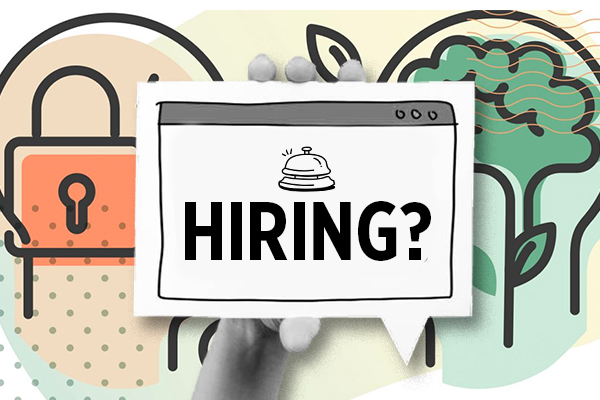The labor shortage in the hospitality space may have been unavoidable, the result of a once-in-a-lifetime event that has potentially altered the workplace and workforce forever. But if hotel operators are to beat the shortage of workers, they need to shift their mindset from being buyers of labor to becoming sellers of flexible and rewarding careers.
That’s the case made by Adam Robinson, co-founder and CEO of Hireology, a recruitment customer relationship management platform that specializes in helping companies in decentralized industries like hospitality and healthcare find and retain staff.
Almost every survey of the hotel industry indicates that the biggest problem operators face is the continuing shortage of workers despite significantly higher pay.

The American Hotel and Lodging Association (AHLA) estimates that there are currently more than 120,000 open jobs in the hotel industry. Robinson puts the problem in stark terms.
“We have historical levels of supply/demand imbalance,” Robinson told HOTELS. “In the United States today, we have approximately two open jobs for every one individual looking. Put differently: If everyone today looking for work found a job, tomorrow we’d still have 5.5 million open positions.”
The problem is particularly acute in the hospitality industry, which not only lost historic numbers of employees during COVID, but has rebounded more strongly than most other sectors. The result is that hotels are struggling to make the most of the pent-up demand for travel experiences.
FIERCE COMPETITION
Hireology recently surveyed hospitality job seekers and found that employers are competing against 15 other companies for every applicant.
At the moment, the bulk of that competition is manifested in bigger pay offers, but Robinson said that hospitality companies are unlikely to win the arms-race of higher wages.
“Most operators are concluding that they just need to pay more money, but it’s a short-term solution. It’s also a solution that erodes margin and at some point, there is always someone who can pay a dollar more an hour,” he said. “In the short run, you pay more but that’s not a strategy; it’s just commoditizing labor.”
Some hospitality companies have been forced to hire contract workers, but that is only a stopgap solution that may be making the problem worse.
“Contract staffing as a percentage of total staff on the payroll is about twice as much as the historical average,” Robinson said. “So, we’re solving the problem by spending more money with a contract-based workforce and, in many cases, we are paying the folks who are quitting twice as much as they were getting to come back as contractors.”
HIRING DIFFERENTLY
The solution, Robinson said, is to shift the hiring mindset from being an administrative function to being something closer to being a sales and marketing operation: selling the company to potential employees.
“Companies that are recruiting successfully are thinking about it more as a B2C (Business to Consumer) marketing activity than they are as the traditional administrative role of human resources,” he said. “The question to ask is ‘Am I thinking about my employment opportunities as a product that the market actually wants to buy?’ The market being the labor pool.”
In a saturated market, workers once only asked where to find a job, but now it’s come down to: Who do I want to work for?
Hireology found that two aspects stood out in getting people to sign on: flexibility and career growth.
The Hireolology survey found that 43% of respondents said that greater flexibility would keep them at their current employer over a higher-paying offer and 50% said they’d take a pay cut for the flexibility they want.

In a post-pandemic world, where many people have reassessed their priorities, people are thinking less about a work/life balance than a life/work balance. Does this job fit in with what I want to do rather than how do I fit in with this job?
“That means looking at how we are managing shifts and staffing our properties and potentially filling in gaps with different work configurations,” said Robinson, who noted that more complex work schedules put more pressure on management. Now they may be hiring two employees willing to work 20 hours a week rather than a single worker willing to work 40 hours—but that is the cost of success.
The second stand-out selling points is what Hireology calls “meaningful work,” essentially career progression and culture.
“In today’s context, career path means 18 to 24 months from now,” Robinson said. ‘If I come to work for you today, two years from now, what might I be doing?’ Access to that opportunity is a key differentiating factor in both the decision to work for you and the decision to continue working for you.”
Robinson said that long-term, more flexible immigration policies would help ease the supply-side pressure on the employment market, but he doesn’t believe that will happen any time soon.
“We’re telling folks that if they’re waiting for this to get better, they’re going to be waiting a while,” he said. “In our professional careers, we’re not going to see this back in balance for the roles that our business is trying to recruit for.”
